"Food is one of the basic units of life & living. This gives us a commonality that transcends our differences. Our social functions small or large, religious celebration, iconography & symbolism and political diplomacy are centred around, and punctuated by, the offering of food.
What we eat and how we eat it, defines who we are.
Food—its capture, cultivation, preparation, consumption and service—represents a cultural act. This makes it a powerful device for communication. The question is; How do we build international awareness without merely becoming international? How do we create a new cuisine; a new message in a traditional culture? We need to be guided by our traditional culture and yet at the same time transcend; evolve. How do we do that without losing what makes us culturally unique?
Prior to the information age society changed by degrees only through immigration - the travels of its people, their knowledge and their customs. Immigrants brought their own food culture because it is what they knew. It is also what comforted them and reminded them of home and the past. These traditions become part of a binding cultural code and a cultural heresy to break them.
"In Australia we do not have the shackles of Western culinary history and tradition. We live in a melting pot of new ideas and cultures. As chefs we are free to be inventive, spirited, adaptive and progressive."
My mother’s family came to Australia in 1860 from Prussian Silesia. They emigrated due to religious persecution, they settled in the Barossa Valley in South Australia and quickly established themselves in their new homeland, planting vines, establishing farms, dairies, making small goods, baking. Just like home. This is part of my culinary tradition.
Australia remains part of the British Commonwealth and celebrated Harry & Megan’s wedding like it was our national day. But its culinary identity and fame stems from the realisation and acceptance that we are geographically part of Asia and not part of Britain or Europe. We have over 120 different language groups living in Australia with their social and culinary customs and ingredients. This is the other part of my culinary heritage, and I celebrate it.
In Australia we do not have the shackles of Western culinary history and tradition. We live in a melting pot of new ideas and cultures. As chefs we are free to be inventive, spirited, adaptive and progressive. This can be dangerous territory. Without a traditional framework we are also free to wander aimlessly and work without direction & focus. This is the paradox of choice.
In traditional cultures it is difficult to see the "wood for the trees" because it is your everyday. In the quest for the new and to be part of the international culinary jet-set I see the same patterns repeated as chefs break out of tradition into the new using "creativity" and "innovation". Creativity - is not copying. Innovation - is to effect c"hange.
"Cooking from the heart means to embrace your personal terroir and communicate that directly to your audience. Too often chefs cook with their heads instead and lose the soul of their craft."
I see the same tired tropes repeated around the world as chefs copy each other creating a kind of banal international aesthetic. Endless variations on modernist abstract cooking and "New Nordic". This is not the way forward and it is not the way to create something of soul and integrity. Cooking from the heart means to embrace your personal terroir and communicate that directly to your audience. Too often chefs cook with their heads instead and lose the soul of their craft. The questions we should be asking ourselves are: Who are we cooking for? What are we trying to communicate? Is it really new? Does it really say anything about us & where we are from?
The trouble with tradition is that the old finds it comforting and the young find it stifling. This makes change inevitable. The internet and modern travel means the rate of change is profound. It is too fast to create anything of meaning. Real cultural transformation is slow and meaningful change can be subtle.
To establish your own culinary identity you need to engage in your own terroir; to engage with the land; to engage with your farmers; get them to grow the things you need; to engage with the local suppliers. Idealists, who care about your supply chain and with your local customers. Cooking is not just a technical exercise, it is a cultural one. We need to engage with the past and remember our craft. It is a deep well of knowledge that can inform as you invent.
"This is not about dwelling in the past. Nostalgia is a waste of time. It is not about cooking like your latest chef crush. It’s about you. Your time and your place. Be yourself. Transcend yourself & celebrate."
The cultural cringe is in not recognising the value of your own culinary heritage.. These are memories capable of weaving together events & impressions in an uninterrupted sequence to form your continuous, interconnected story. We are the custodians and practitioners of the past and the future. The perfect template for change is in the pithy phrase "time and place".
This is not about dwelling in the past. Nostalgia is a waste of time. It is not about cooking like your latest chef crush. It’s about you. Your time and your place. Be yourself. Transcend yourself & celebrate."
As told at Terroir Warsaw by Mark Best.
Photos: Ola Grochowska





